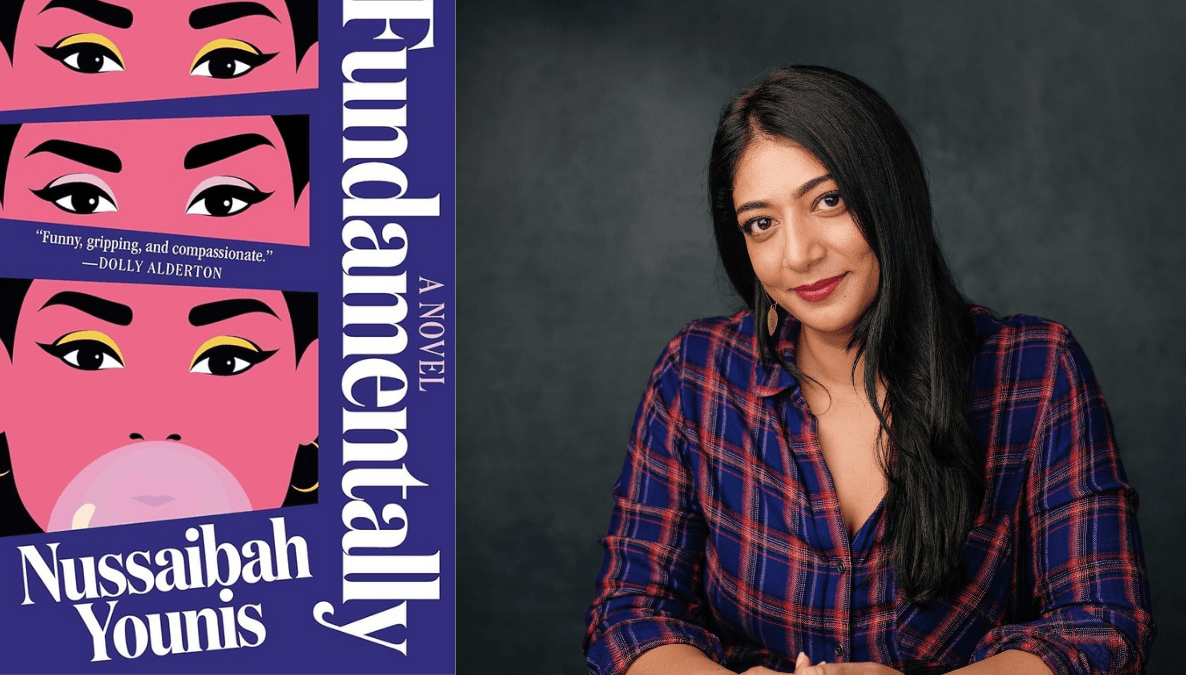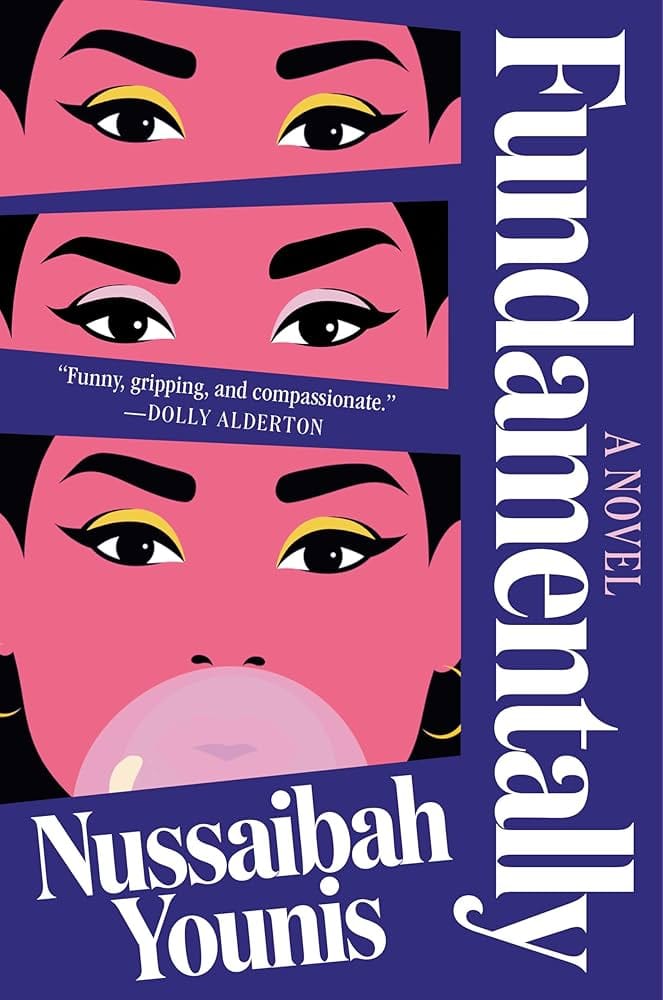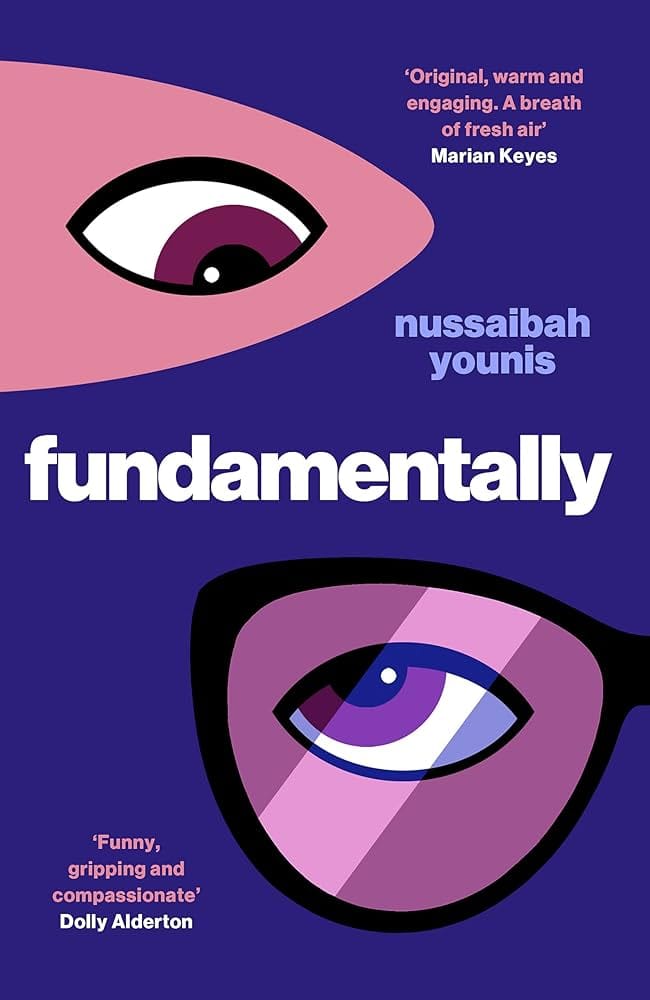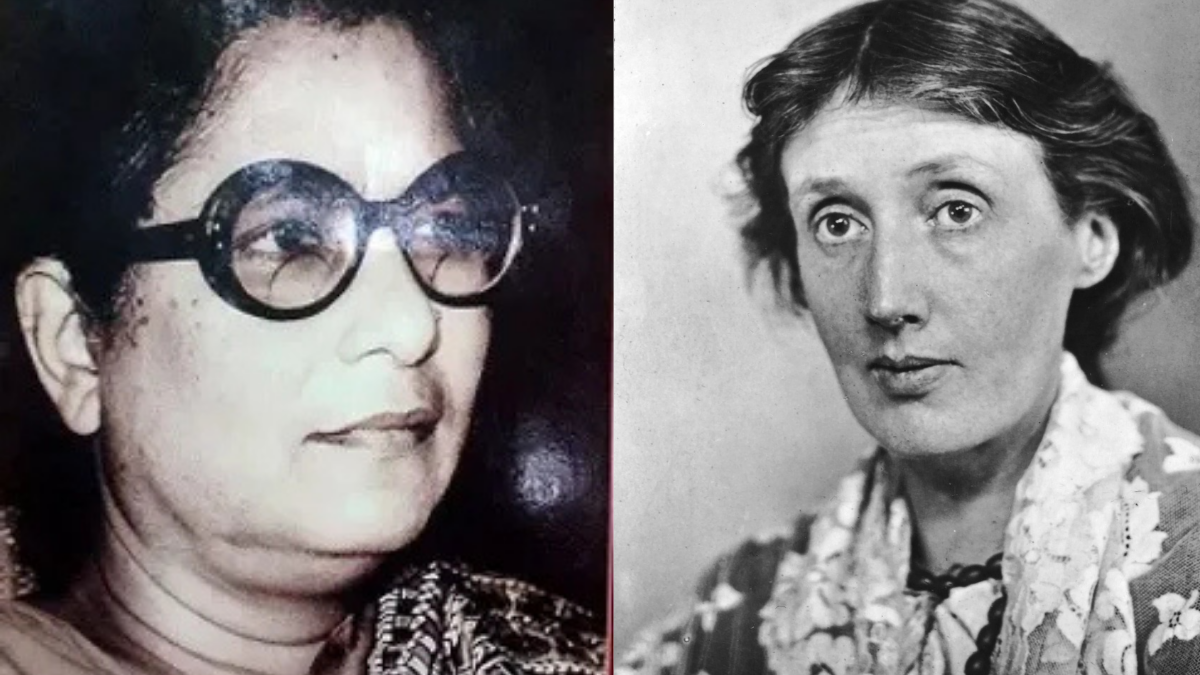Saving the world is rarely as glamorous as it looks on paper. Especially when the paper in question is an academic treatise on the deradicalisation of ISIS brides, and the world is a camp in Iraq. In her biting debut, Fundamentally, Nussaibah Younis gives us a heroine who swaps heartbreak for humanitarian chaos, only to find that one is only marginally more survivable than the other. What begins as an intellectual exercise turns into a messy, satirical, and sometimes absurd journey.
The armchair expert goes rogue in Fundamentally
In Fundamentally, Nadia, a criminology lecturer whose paper on Islamic State brides gained global attention, is suddenly catapulted from London lecture halls to a UN mission in Iraq. The idea? Rehabilitate former ISIS-affiliated women and help them return home. The reality? A mess of funds, reluctant governments, and bureaucracies more committed to optics than outcomes.
Nadia took the job partly to escape a romantic entanglement. But it’s clear from the start that she is in over her head. She finds herself struggling to bridge the chasm between paper plans and real lives. Watching the women in the camp – groomed, coerced, and now discarded, Nadia fixates on one in particular: Sara. It’s more than empathy. It’s recognition. Sara could have been her, had the dice landed differently. And so, begins a crusade to ‘save’ her, equal parts heartfelt and half-baked.
Sara: too tough to save, too human to ignore
Sara, a 19-year-old British woman stuck in a camp after escaping ISIS, isn’t here for gratitude or redemption arcs. She is flippant, guarded, occasionally abrasive, and far more complex than the rehabilitation project Nadia envisions. With her biting humour and palpable trauma, Sara becomes both a mirror and a mystery for Nadia. And, it becomes the beating heart of Fundamentally.
There’s trust, but it’s earned reluctantly. There’s projection as Nadia sees her younger self in Sara. And, there’s tension, as Sara’s ideological hangovers and prickly demeanour constantly challenge Nadia’s do-gooder zeal.
At times, Sara’s resistance makes her seem ungrateful, even frustrating. But Younis deftly reveals the scars beneath: alienation, abuse, the allure of belonging to something.
At times, Sara’s resistance makes her seem ungrateful, even frustrating. But Younis deftly reveals the scars beneath: alienation, abuse, the allure of belonging to something. Her cynicism is not without cause, and her reluctant bond with Nadia becomes one of the most compelling threads in Fundamentally.
Comedy of errors (and bureaucracy)
The deradicalisation program reads like a political farce with a slapstick twist. From clueless UN officials to delusional consultants, every attempt to build something meaningful collapses under the weight of miscommunication, misjudgement, and plain old incompetence. Younis takes her sharpest swipes at the machinery of international intervention, from self-righteous bureaucrats to ill-conceived policies.
A standout supporting character in Fundamentally is Sheikh Jason from California, an Imam with skater boy aesthetic, who plans to teach moderate Islam through yoga, crystals, and spiritual synergy. When his ‘positive vibrations’ crash into the hardened cynicism of the camp residents, the result is exactly the kind of satire that will make you laugh. It’s absurd, hilarious, and painfully believable.
Younis writes all this with a flair that’s both comic and cutting. Her prose is brisk, brash, and sharply observant, never letting the reader off the hook. Nadia’s sarcastic, often self-deprecating commentary is a counterpoint to the bleakness of the situations she faces, making Fundamentally a compelling read for those who appreciate humour in even the darkest of circumstances.
Too much plot, too little plausibility in Fundamentally
If the novel wobbles, it’s in its portrait of Nadia. She oscillates wildly between imposter syndrome and messianic fervour. One moment she’s drowning in insecurity, the next she’s outmanoeuvring local officials, fellow UN staffers, and entire policy guidelines to her will.
If the novel wobbles, it’s in its portrait of Nadia. She oscillates wildly between imposter syndrome and messianic fervour.
For all its thematic depth, Fundamentally occasionally asks readers to accept that a London-based academic can, with sheer will and emotion, bulldoze her way through decades of geopolitical inertia. While narratively it is satisfying, it does stretch credibility.
The rescue mission that unfolds towards the end feels like it wandered in from a Bollywood spy thriller – complete with last-minute dashes, improbable turns, and a moral climax that raises more questions than it answers. It’s entertaining, nonetheless.
The F-word (fundamentalism)
Underneath the wit, Fundamentally offers incisive observations about faith, how it’s practiced, policed, and politicised. It subtly highlights the interlinked nuances of faith and freedom.
Nadia’s reflection on religion, especially her grappling with Islam, and her complicated relationship with her mother is one of the most thought-provoking threads in the book. It’s this kind of uneasy truth that lends the novel its moral complexity. She suggests that reforming radical ideology is less about programs and more about people; and people, inconveniently, are messy.
In trying to save Sara, Nadia is also attempting to reconcile with her own fractured relationship – with faith, with her mother, and with herself. This personal journey mirrors the broader, more complex struggle of deradicalisation.
Fundamentally is a chaotic book, but so is the world it portrays. Younis plays with the absurdities of humanitarian work with a comedian’s timing, never losing sight of the very real people caught in its gears. It isn’t a story about saving the world. It’s about the mess we make when we try.
The novel doesn’t offer answers, nor does it pretend solutions are easy. But in chronicling the clumsy, chaotic, and deeply personal journey of one woman trying to make a difference, it tells that good intentions, while not enough, are sometimes all we have to work with.







